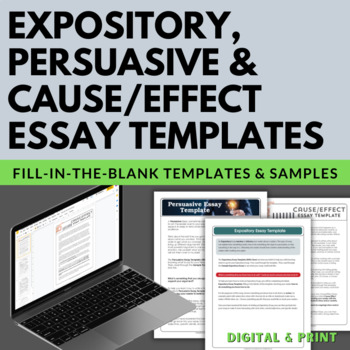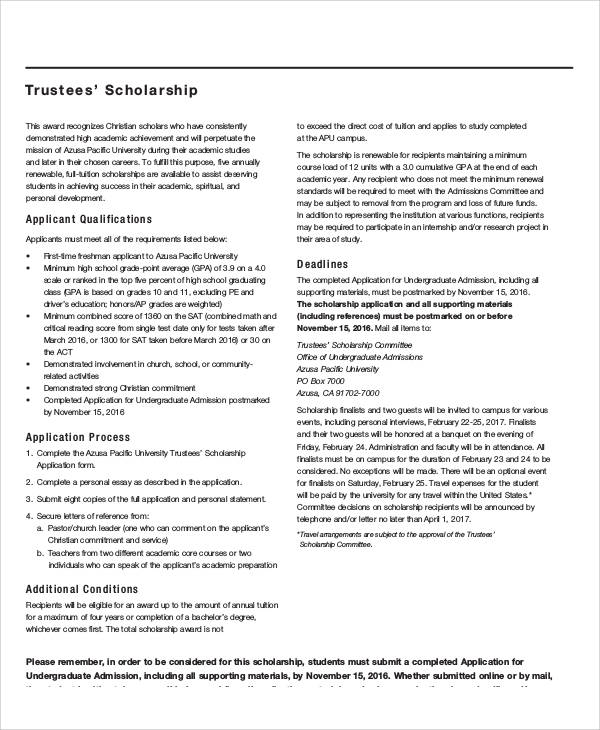
The purpose will likely be to persuade (persuasive) or explain (expository) an idea or position to your audience. In doing so, it’s critical that you think about tone and the use of key words both in the prompt and in your response. Begin with the Prompt The writing prompt will define your purpose for writing A persuasive essay is a type of academic essay assigned to students of all grades and levels. It requires strong evidence and sound reasoning to convince the reader to accept a particular point of view. Therefore, persuasive essay writing is considered as a big challenge Exposition / Persuasive Writing is used to present a logical argument from a particular point of view. This genre will often involve the writer comparing opposite points of view, analysing the arguments and concluding with an overriding opinion or conclusive argument. Contrary to what many believe this genre of writing can be very effectively
Narrative essay: Narrative descriptive expository persuasive
While expository and persuasive works both use a thesis statement and research, the difference between them is that an expository essay explains while a persuasive essay argues. In other words, the expository writer provides clarifying information about a topic -- asking "What? An expository essay is an investigative document that requires a student to research and evaluate information about an idea; its thesis is a focused statement that the student's evidence clarifies, persuasive expository.
An expository essay explains, for example, persuasive expository, how the events of Pearl Harbor devastated a nation. A persuasive or argumentative essay's thesis is a debatable point; the essay presents evidence not to explain but to support an argument or advocate a particular viewpoint, persuasive expository.
A persuasive paper might argue, "Pearl Harbor was a catastrophe that President Roosevelt could have averted. Persuasive essays can incorporate expository sections when you need to explain yourself before laying out an argument.
Expository essays can present an argument that they are explaining. A persuasive essay might examine creationism versus evolution; an expository persuasive expository would explain the debate in light of the Scopes trial.
Michael Stratford is a National Board-certified and Single Subject Credentialed teacher with a Master of Science in educational rehabilitation University of Montana, He has taught English at the level for more than 20 years. He has written extensively in literary persuasive expository, student writing syllabi and numerous classroom educational paradigms. Can Either the Topic Sentence or the Thesis Statement Be a Question?
How to Write Topic Sentences and Thesis Statements. Features of a Good Thesis Statement. Can You Use Contractions persuasive expository APA Style? What Differentiates an Expository Essay From a Persuasive Essay? Michael Stratford Updated March 09, persuasive expository, Home » The Rewrite.
References Purdue University; OWL Purdue Online Writing Lab; Expository Essays Purdue University; OWL Purdue Online Writing Lab; Argumentative Essays.
How To Write An Expository Essay - EssayPro
, time: 7:30Types of Text: Narrative, Expository, Technical & Persuasive | Pen and the Pad

The purpose will likely be to persuade (persuasive) or explain (expository) an idea or position to your audience. In doing so, it’s critical that you think about tone and the use of key words both in the prompt and in your response. Begin with the Prompt The writing prompt will define your purpose for writing A persuasive essay is a type of academic essay assigned to students of all grades and levels. It requires strong evidence and sound reasoning to convince the reader to accept a particular point of view. Therefore, persuasive essay writing is considered as a big challenge 1 day ago · Persuasive writing is a type of Paragraphs – Narrative, Descriptive, Expository, and Persuasive Narrative. When writing a narrative essay, one might think of it as telling a story. These essays are often anecdotal, experiential, and personal—allowing the student to express themselves in a creative and, quite often, moving way

No comments:
Post a Comment